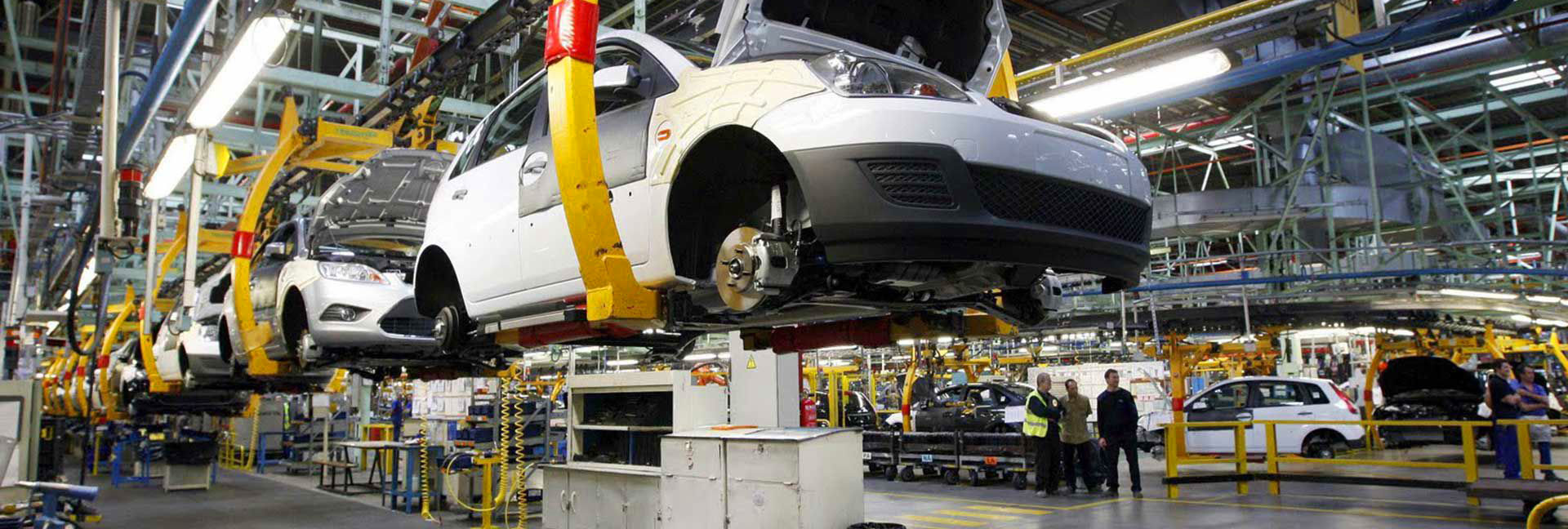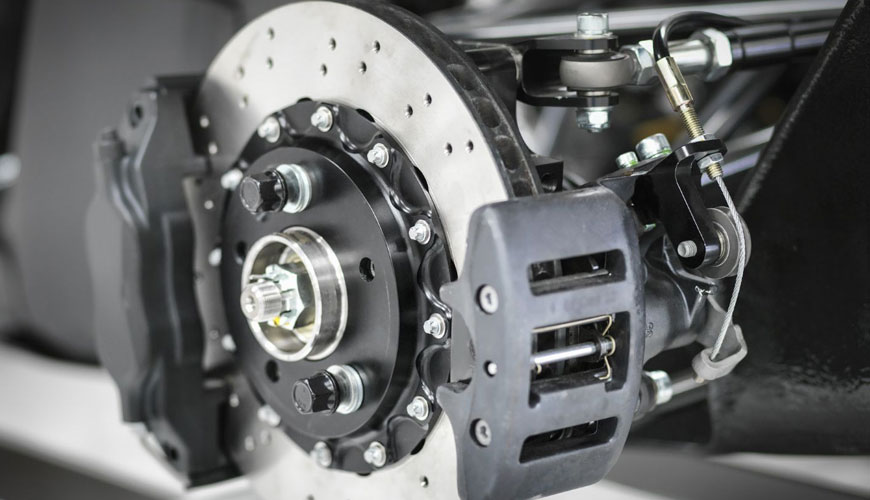

FMVSS 135 applies to vehicles with a gross vehicle weight rating (GVWR) of 3500 kg or less. Standard 135 specifies requirements for the service brake and associated parking brake systems to ensure safe braking performance under normal and emergency driving conditions.

Service brakes must be able to stop each vehicle in a series of tests at certain distances, speeds, brake pedal forces and decelerations. Vehicles must be able to stop under partial failure of the service brake system, inoperative brake power assist or brake power unit, anti-lock failure, variable ratio valve failure, and with the engine off. Braking ability is also evaluated during and after exposure to high braking temperatures resulting from prolonged or vigorous use. Tests are performed to assess whether vehicles not equipped with anti-lock brakes can lean forward by locking both front wheels at the same time or at a slower deceleration speed than the rear wheels. Vehicles without front end are also tested for adhesion use to ensure that the vehicle braking system can use the adhesion available at the tire-road interface. Additional requirements must be met for electric vehicles and vehicles with electrically actuated brakes.
Each vehicle will be produced with a parking brake system that, when activated, can hold the vehicle stationary on a certain slope for a certain period of time.
Each vehicle shall be fitted with one or more brake system indicator lamps mounted in front of the driver and clearly visible. Indicator lamps will activate both when certain vehicle conditions are met and when the ignition key is turned to a certain position as a control of lamp function.
Every vehicle should have a specific brake fluid warning notice located on or near the brake fluid reservoir filler plug or cap.
Every vehicle must be able to meet all performance requirements with no separation or breakage of any component of the brake system and no visible brake fluid or lubricant on the friction surface of the brake, or leaks, seals or filler openings in the master cylinder or brake power unit reservoir cap.
Our EUROLAB testers provide a range of technical advice, certification and testing to help you achieve FMVSS compliance to ensure you can access the US automotive market. You can contact our laboratory for all FMVSS and FMVSS 135 test standards.
To get an appointment, to get more detailed information or to request an evaluation, you can ask us to fill in our form and reach you.